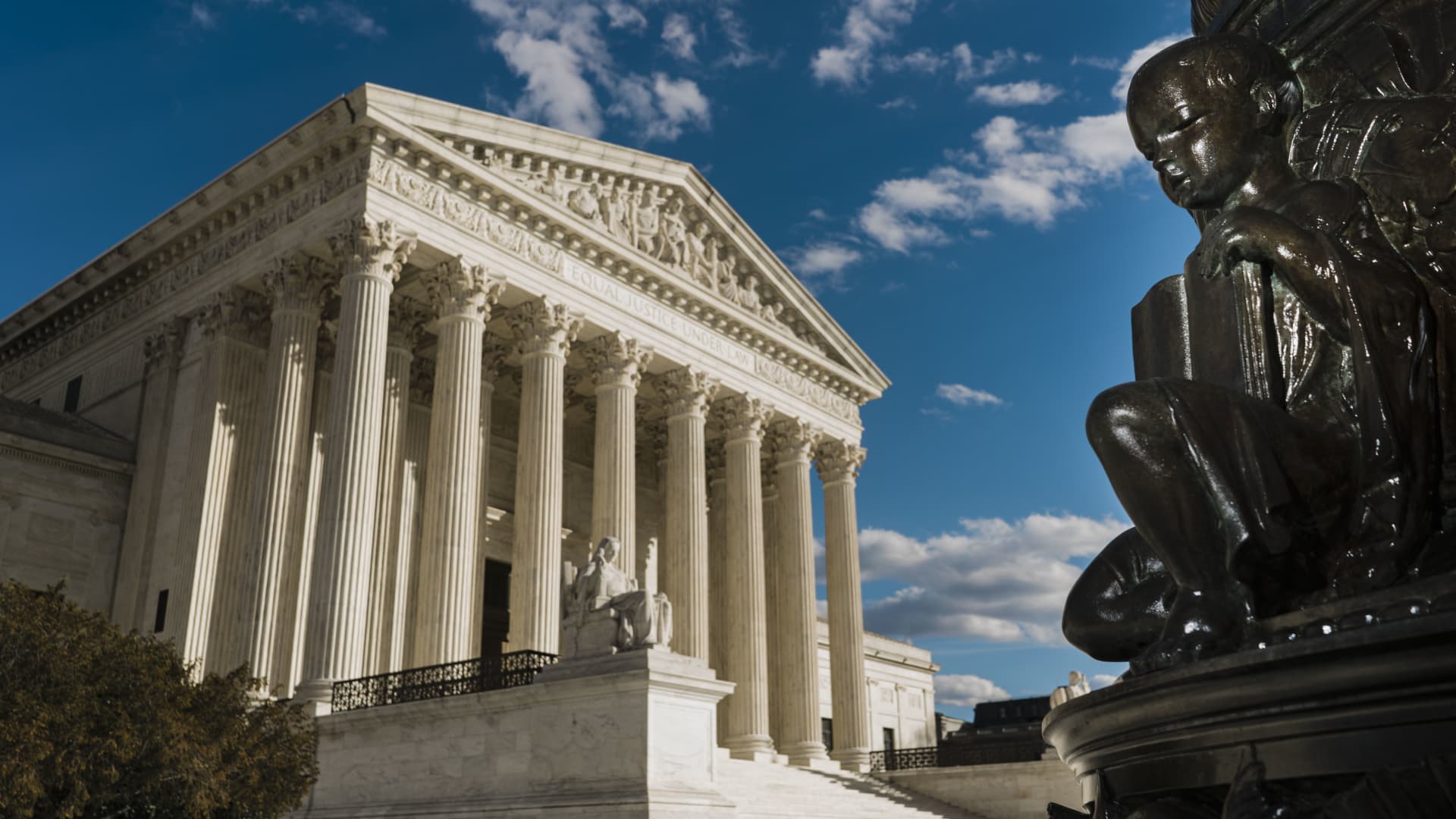The Supreme Court in a ruling Monday made it tougher for prison inmates to win release, barring federal courts from holding evidentiary hearings or considering new evidence of claims that their attorneys did not provide them with adequate legal representation after convictions in state court.
All six of the Supreme Court’s conservatives voted in the majority in the case, which related to two Arizona state prison inmates on death row for separate murders. They challenged the legality of their incarcerations.
The court’s three liberal justices all dissented from the majority opinion, which Justice Clarence Thomas wrote.
Thomas’ opinion says that Arizona’s federal district court erred in considering new evidence presented by the inmates, David Martinez Ramirez and Barry Lee Jones, to support claims that their defense lawyers had given “ineffective assistance of counsel” in post-conviction proceedings.
Thomas said federal courts can only consider evidence already presented in the state court record of the case.
In her blistering dissent, Justice Sonia Sotomayor called the majority opinion “perverse” and “illogical.” She said it will have a “devastating outcome” for inmates beyond the two in the case decided Monday.
“The Court understates, or ignores altogether, the gravity of the state systems’ failures
in these two cases,” Sotomayor wrote.
“To put it bluntly: Two men whose trial attorneys did not provide even the bare minimum level of
representation required by the Constitution may be executed because forces outside of their control prevented them from vindicating their constitutional right to counsel. It is hard to imagine a more ‘extreme malfunctio[n]’ … than the prejudicial deprivation of a right that constitutes the ‘foundation for our adversary system,'” she wrote.
Ramirez was convicted of fatally stabbing his girlfriend and her 15-year-old daughter in 1989. Police also found evidence that he had raped the daughter, and Ramirez confessed to doing so, Thomas noted in his opinion.
Ramirez, in his habeas petition, argued that his trial lawyer provided ineffective assistance by failing to perform a complete “mitigation investigation.” It could have obtained evidence that can be used to argue during sentencing that he should not receive the death penalty.
Jones was convicted of fatally beating the 4-year-old daughter of his girlfriend, and of sexually assaulting the child, in 1994.
In his habeas petition in federal court, Jones’ new lawyer alleged that his trial attorney failed to investigate evidence that could have shown that the child sustained the injuries that led to her death while not in his care. The new lawyer also argued that Jones’ original post-conviction attorney, who lacked minimum qualifications for lawyers appointed in capital cases, failed to investigate the ineffective assistance from Jones’ attorney at trial.
Arizona federal district court judges in both cases initially had ruled that their claims of ineffective assistance of counsel were barred in federal court because they had not been properly presented in state court after they were convicted.
But the district judge in Ramirez’s case then allowed him to supplement the state court record “with evidence not presented in state court to support his case to excuse the procedural default,” Monday’s ruling noted.
In Jones’ case, the federal judge held a lengthy hearing to consider evidence that his lawyer had provided ineffective assistance to his bid for post-conviction relief in state court.
The state of Arizona, in its appeal of rulings in federal courts, asked the Supreme Court to step in. The state argued that the federal habeas law does not allow a federal court “to order evidentiary development” on the grounds that “postconviction counsel is alleged to have negligently failed to develop the state-court record.”
Thomas’s ruling agreed.
“We now hold that … a federal habeas court may not conduct an evidentiary hearing or otherwise consider evidence beyond the state-court record based on ineffective assistance of state postconviction counsel,” Thomas wrote.
Thomas also wrote that “serial relitigation of final convictions undermines the finality that ‘is essential to both the retributive and deterrent functions of criminal law.'”
In her dissent, Sotomayor noted that the constitution’s “Sixth Amendment guarantees criminal defendants the right to the effective assistance of counsel at trial.”
“This Court has recognized that right as ‘a bedrock principle’ that constitutes the very ‘foundation for our adversary system’ of criminal justice,” Sotomayor wrote.
“Today, however, the Court hamstrings the federal courts’ authority to safeguard that right,” she wrote.
Sotomayor added: “The Court’s decision will leave many people who were convicted in violation of the Sixth Amendment to face incarceration or even execution without any meaningful chance to vindicate their right to counsel.”
